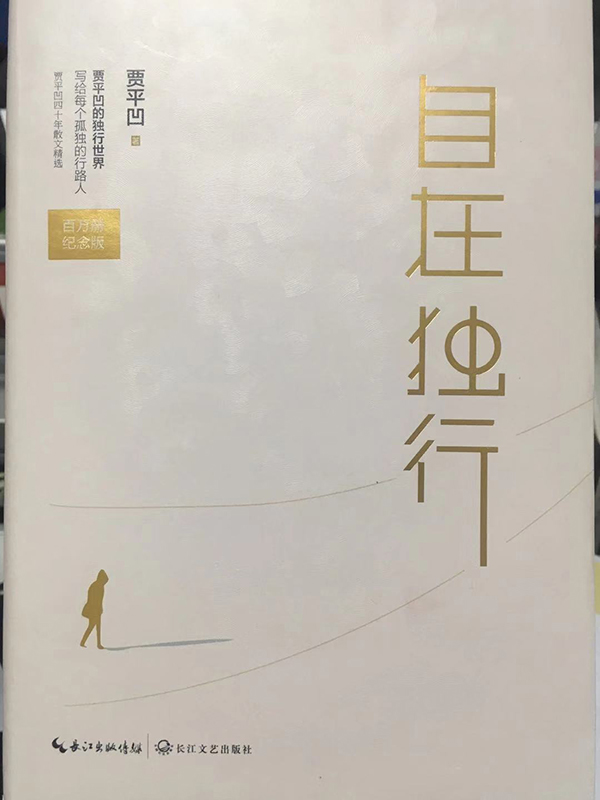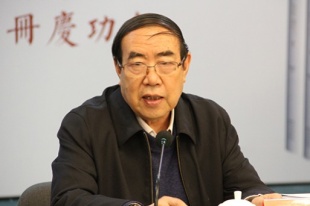Making the old new


"Jia is not only a writer but also a calligrapher, a collector and a scholar, who studies issues related to farmers and land."
The popularity of Jia's essays hails a return of traditional essay writing, Zhang Qinghua says.
By observing the world from the perspective of a novelist, capturing ugly things in our daily lives and representing them in his writing, Jia has not only been inspired by traditional essays but also has formed his own style that adds new aesthetics, says Sun Yu, another professor of Beijing Normal University.
Sun's colleague, Chen Guangwei, says Jia draws inspiration from calligraphy and Chinese painting, including rhythm and techniques like leaving white spaces.
Chen Xiaoming, director of the department of Chinese language and literature at Peking University, gives four reasons for the popularity of Jia's essays.
His essays describe in simple and honest language the relationships between parents and their children, and among other family members, which touches common readers, Chen Xiaoming says.
"Jia expresses his understanding of nature by treating things as equal to humans, without imposing human will on nature," he adds.
"Another reason is his presentation of human nature as nonjudgmental. And he always injects his understanding of destiny in his works-that is, life is full of contingencies."
Literary critic He Shaojun says what touches him the most in Jia's essays is the author's free mind, without which "one can't really get into the essence of literature".
Contact the writer at [email protected]





































